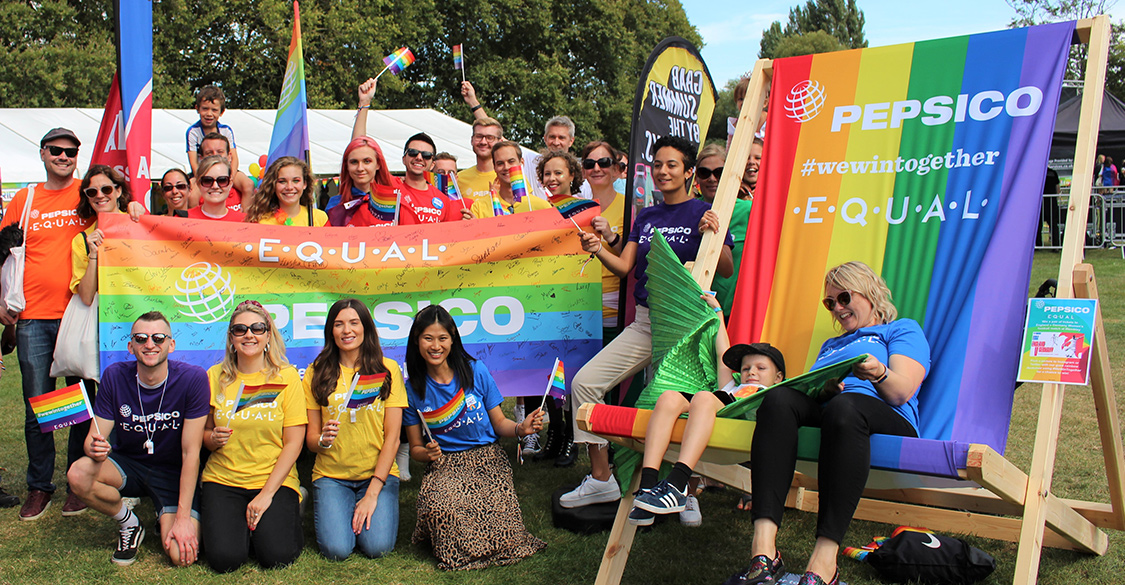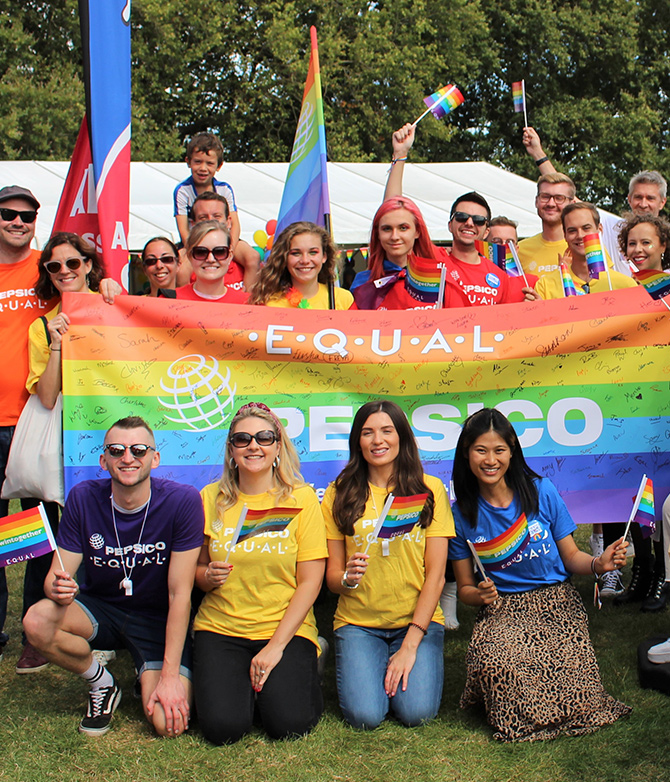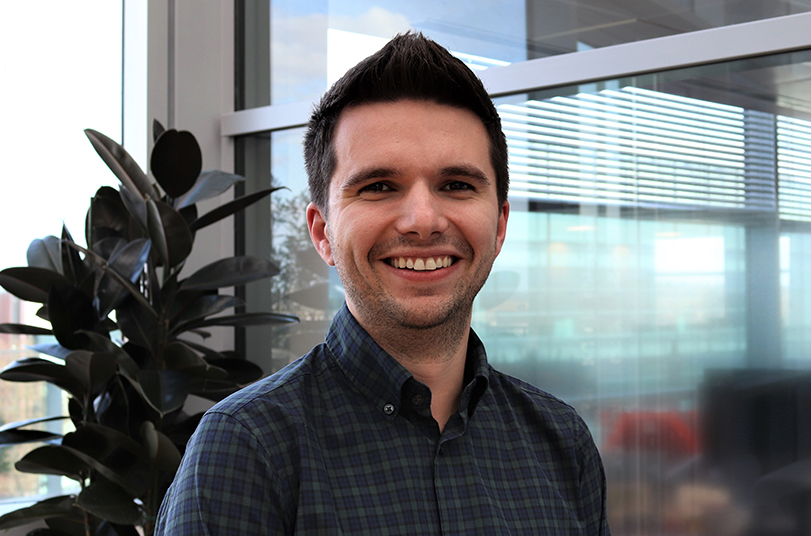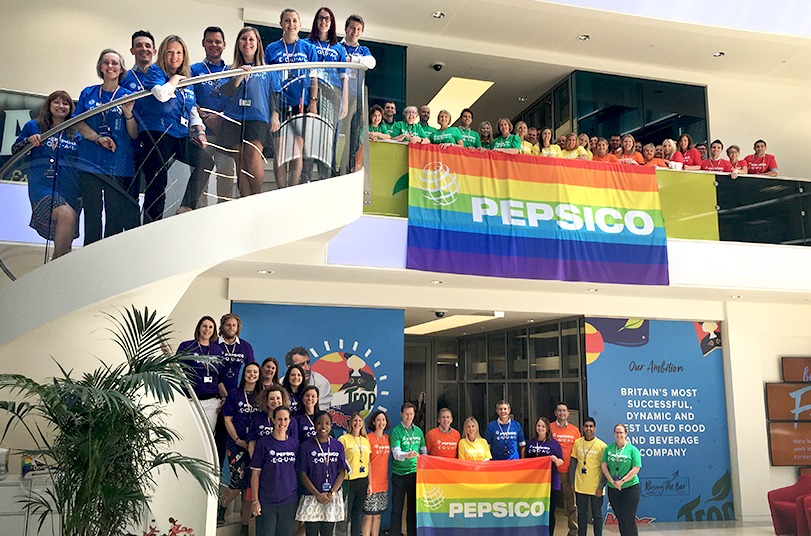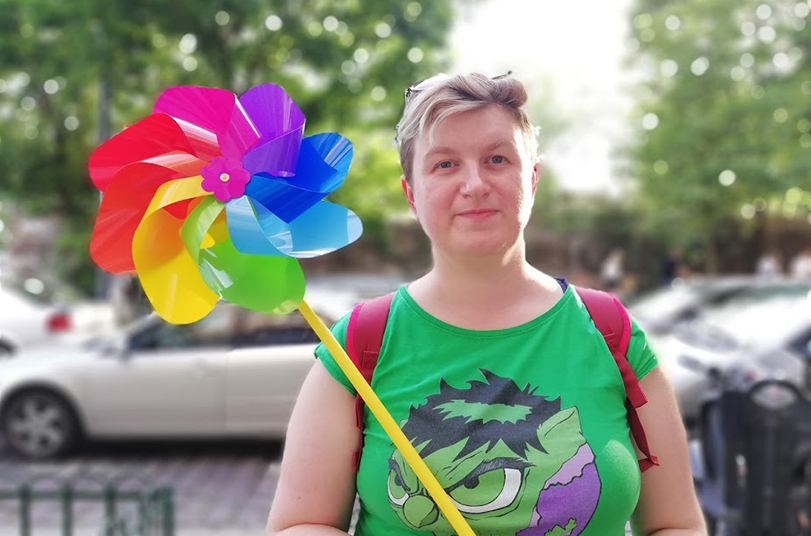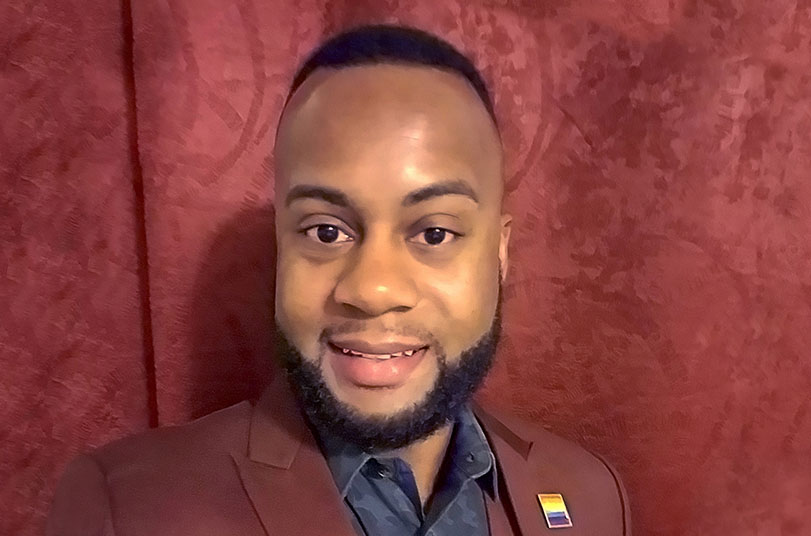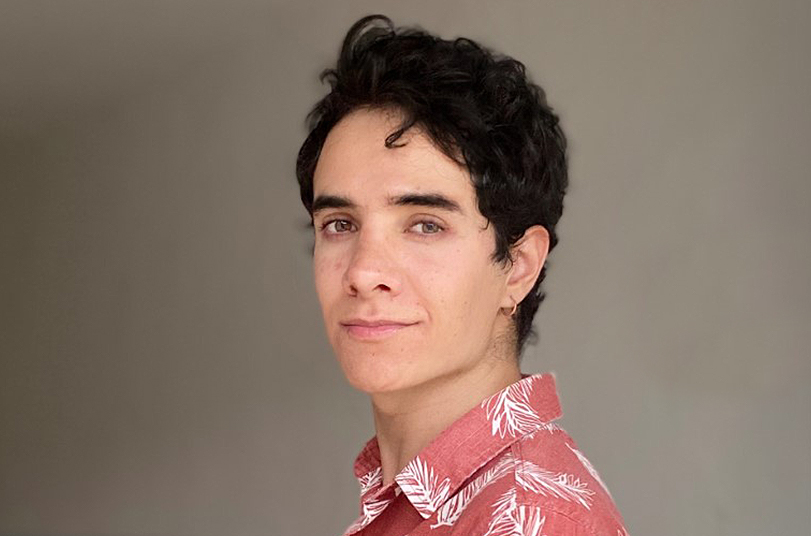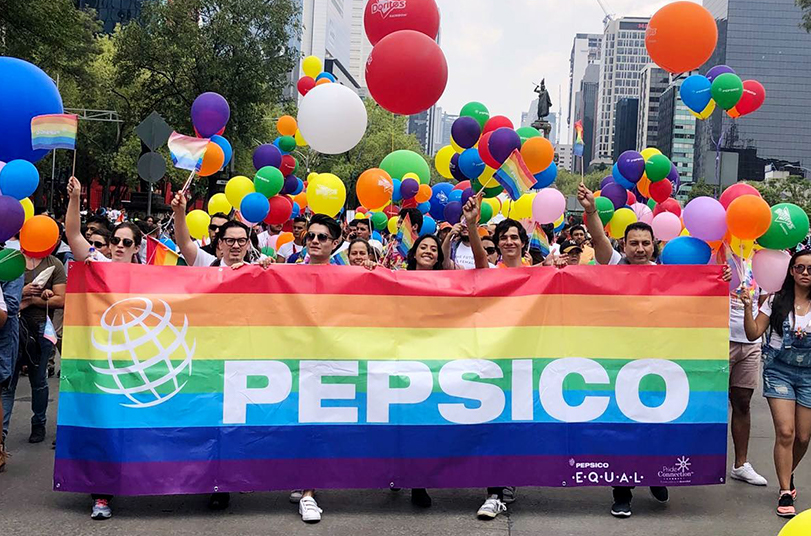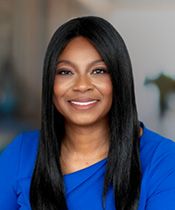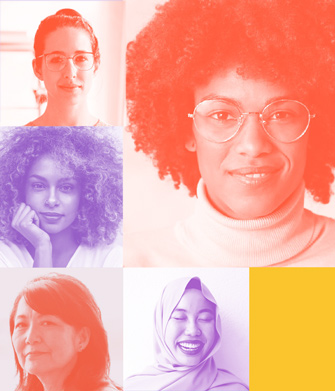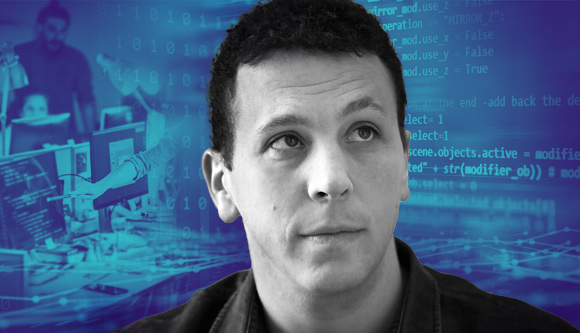Ben Cooper
IT Services Buyer – PepsiCo Europe
Reading, U.K.
You launched EQUAL UK, an employee resource group for LGBTQ+ associates. How did that come about?
In the U.K., roughly 42% of people go back into the closet when they start their career. It’s madness — nobody should have to hide such a huge part of their life! But it’s also understandable if you don’t feel supported. So, in 2017, a colleague of mine and I started having conversations about how to lift, shift and implement EQUAL based on the available framework in the United States. We thought it would be a great way to set up a network so that people could make friends — especially if they moved for work — and help drive an inclusive culture at PepsiCo.
How have you activated EQUAL?
The first thing we did was support local Pride by donating products. We were even named as a sponsor and began to build external networks.
Our first big internal activation at PepsiCo was on Ally Day. The goal was simple: Get as many people as possible to wear rainbow lanyards to show support for the LGBTQ+ community. When you go into a meeting, it’s easy to feel anxious if you’re perceived as being “different.” Will it matter if they know I’m gay? Will they take me seriously? When you go into a room and everyone is wearing a rainbow lanyard, all those anxieties go away. You can be yourself.
We were terrified nobody would wear the lanyards, but it was a fantastic day. Around 97% of our colleagues wore them — and people continued to wear them right up until we all started working from home due to the pandemic.



